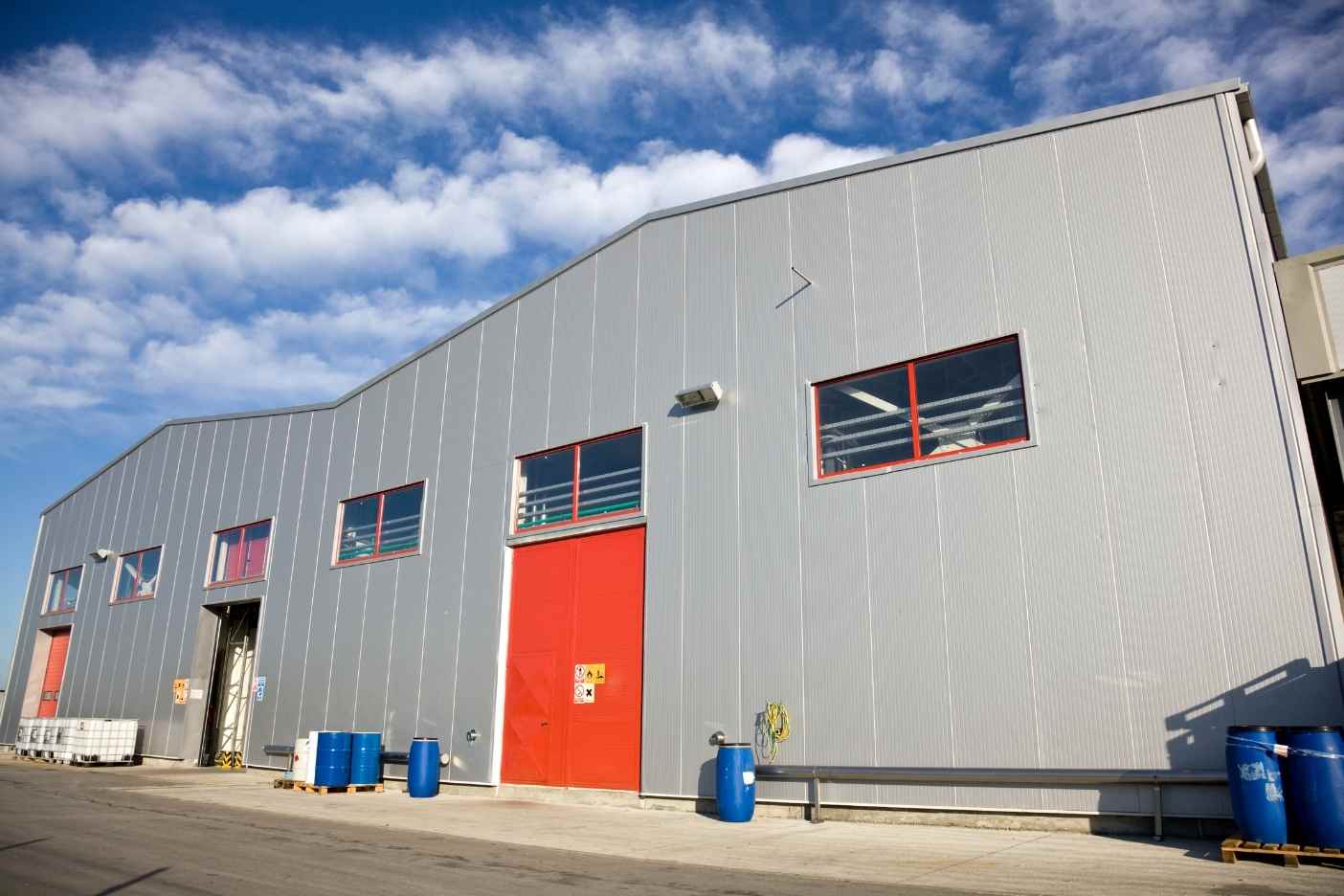Do you need a solicitor when signing a commercial lease?

The simple answer is: no. A solicitor is not legally required when you are signing a commercial lease as a tenant. Or if you are a landlord, and are writing and signing the lease.
HOWEVER, it is highly recommended that you do consult a solicitor. A commercial lease is complex and a significant undertaking. Unless you are fully conversant with commercial property law, legal terminology, and the property market at large, you could come away with a poor deal. Commercial property law is changing quite quickly, so it is useful to have a solicitor guide you through these recent developments.
If you are a tenant
The landlord’s solicitor will have drafted the lease in their client’s favour. Your solicitor can help negotiate terms more tailored to you, understand the obligations within the lease, and avoid costly mistakes. Many people believe a lease is a fixed document, but it’s really just a starting point for negotiation. And your solicitor, with their knowledge and experience is the person best placed to have these discussions.
And if you’re a landlord
Your lease needs to be fair to you, align with your business objectives and be designed to protect your asset, your property. You need to have the relevant clauses to deal with any damage to the property or for unpaid rent.
A commercial lease isn’t just about the rent
Obligations to repair, dilapidation clauses, insurance and service charges mean that it’s not just the rent that is under consideration. These other elements of the lease can be just as important. A solicitor also ensures that the lease reflects what was agreed upon in the initial “Heads of Terms”.
And flexibility can be key
A few years into the lease, if a tenant’s business is struggling, they may need to exit or renegotiate the lease. Alternatively, if the business is thriving and requires more space, the business may want to negotiate for additional space. Having as much flexibility within a lease can be important to a tenant and can be useful to the landlord. A solicitor can advise on issues such as transfer of the lease, subletting and break clauses.
Negotiations may include many aspects of the lease, including
- Rate of rent
- Rent reviews
- Repairs
- Dilapidations
- Service charges
- Break clauses
- Permitted use
- Sub-letting
- Notice clauses
- Insurance
- Security of tenure
- Building regulations compliance
- Restrictive covenants
- Rent deposit deeds
- Licenses for alterations
- Any personal guarantees.
A solicitor can guide you through the entire transaction: creating a Schedule of Condition, paying the Stamp Duty Land Tax, registration at the Land Registry for leases longer than seven years, etc. And finally, a solicitor can guide you on the risks of missing deadlines, which can lead to serious consequences, including the loss of rights.
Follow our Commercial Property Explainer blogs and get completely in the know on commercial leases. And if you need expert legal advice in the meantime, call Emily Hickling on 01756 692 861 or email emily.hickling@awbclaw.co.uk.
20 November 2025
Further reading:
The Commercial Lease Explainer: Heads of Terms
The Commercial Lease Explainer: The Plan
The Commercial Lease Explainer: Rent Reviews
The Commercial Lease Explainer: Schedule of Condition
Gov.UK: Renewing your commercial property lease


